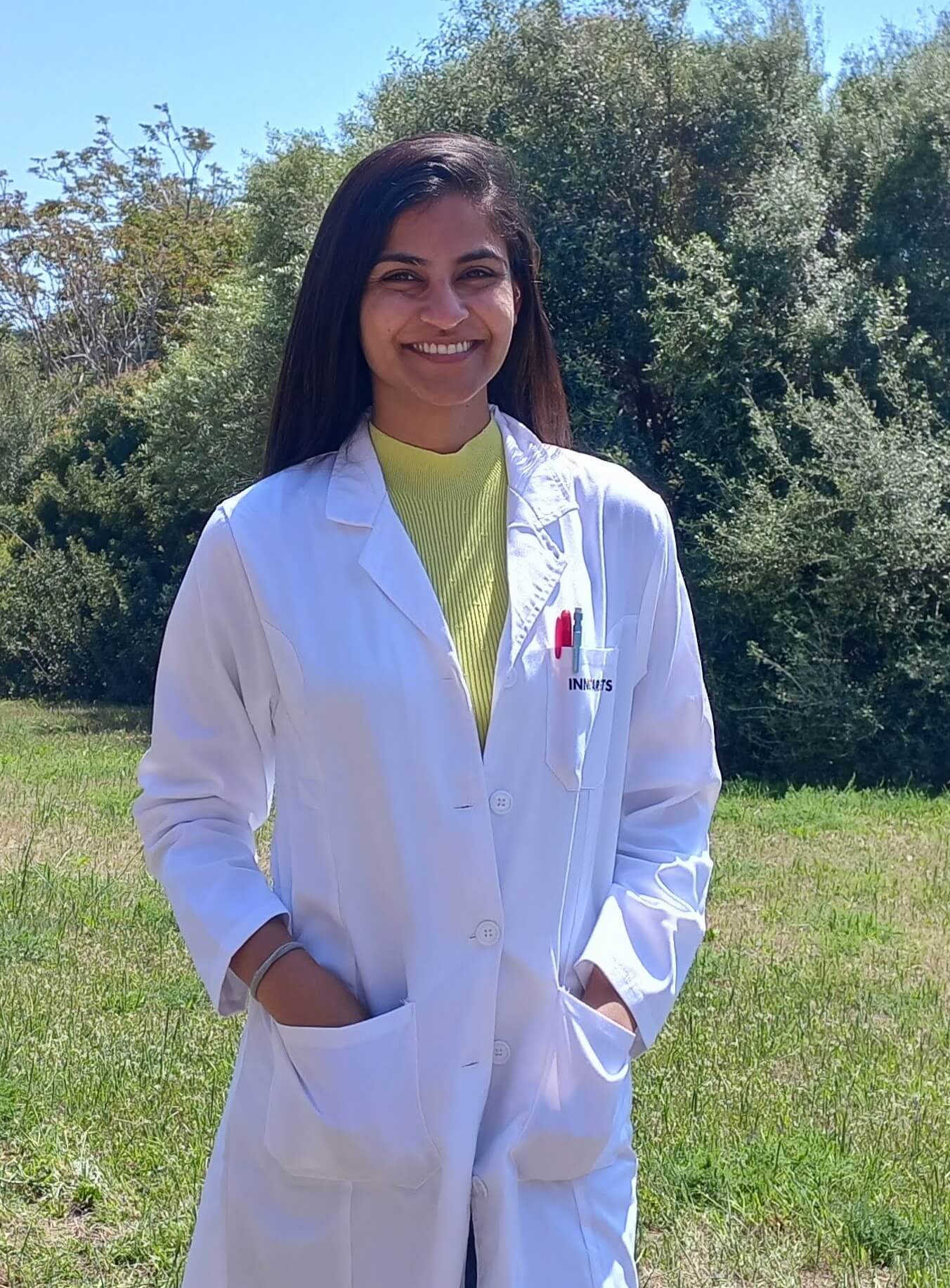Pareena Verma

Email: pverma@brookes.ac.uk
Affiliation: Oxford Brookes University
Education and interests
My interest in microbiology started from my High school days when I had my first encounter with the microscope. It led me to take up Microbiology as my major in my Bachelors, which I completed with Honours from University of Delhi, India. I did my internship at a hospital during my undergraduate studies which enhanced my interest in Medical microbiology.
After completing my Bachelors degree, I went on to study my Masters in Microbiology from Kurukshetra University, India. During my Masters, I did my dissertation on “Detection of carbapenemase in gram-negative bacilli using different phenotypic methods” from Indraprastha Apollo Hospitals, New Delhi. From there, I got interested in Anti-microbial Resistance(AMR) and severity of it. We found out the necessity of detecting carbapenemase production in carbapenem resistant strains isolated from ICU patients as it is one of the last resort drugs and developing resistance against it is a serious concern.
After developing a considerable interest in AMR, I joined a project on “Anaerobic gram-negative gut flora: role as reservoir of AMR” in Post Graduate Institute of Medical Education and Research, Chandigarh, India under the guidance of Dr. Archana Angrup. I did the anti-microbial susceptibility of anaerobes isolated from clinical specimen through agar dilution and also for colistin resistant microbes from routine samples.
Further, I went on to join the Project related to diagnostics as I observed in my earlier research experience that diagnostics is the limiting factor when it comes to identification of the causative agent and administer antibiotics in response to it as it take so much time, from days to weeks. This Project “Diagnostics for One Health and User driven solutions for AMR” was a collaboration of Indian Institute of Technology, Delhi and University of Edinburgh, Scotland. My role in the project was to optimise the biochemistry behind bacterial DNA extraction from urine samples by developing in-house buffers.
ESR7: Antimicrobial Target identification by “omics-data”-guided analysis
Project description
When I applied for INNOTARGETS, I was fascinated with the aim of this project and especially my part as it is completely different approach from what is being done so far in the world in order to solve the problem of AMR. I am looking forward to the mathematical modelling approach in finding metabolic targets in pathogenic
bacteria when exposed with antibiotics.
The project is to develop and refine existing metabolic models of E. coli, S. aureus and S. suis and analyse them in order to identify potential metabolic responses to antibiotic exposure, and to use these results to aid the design and interpretation of experimental studies.
